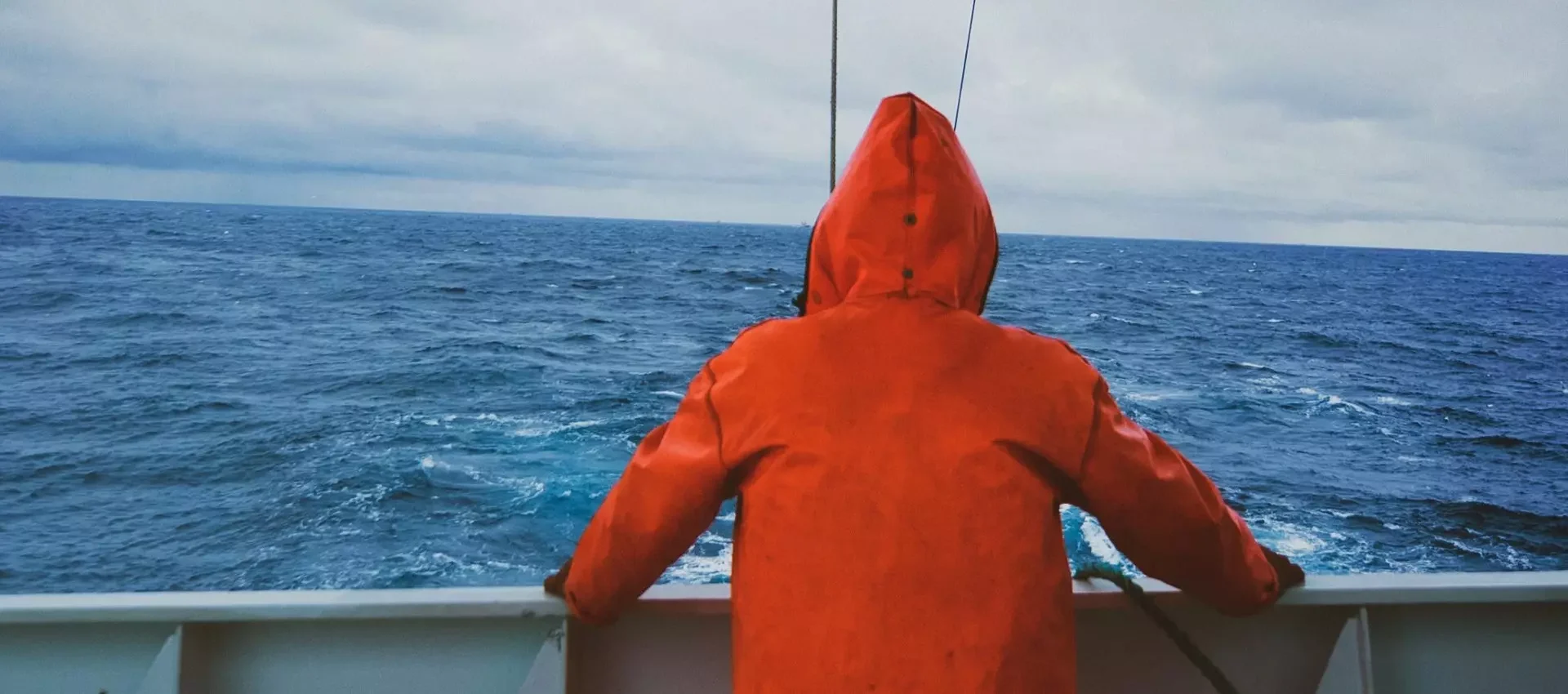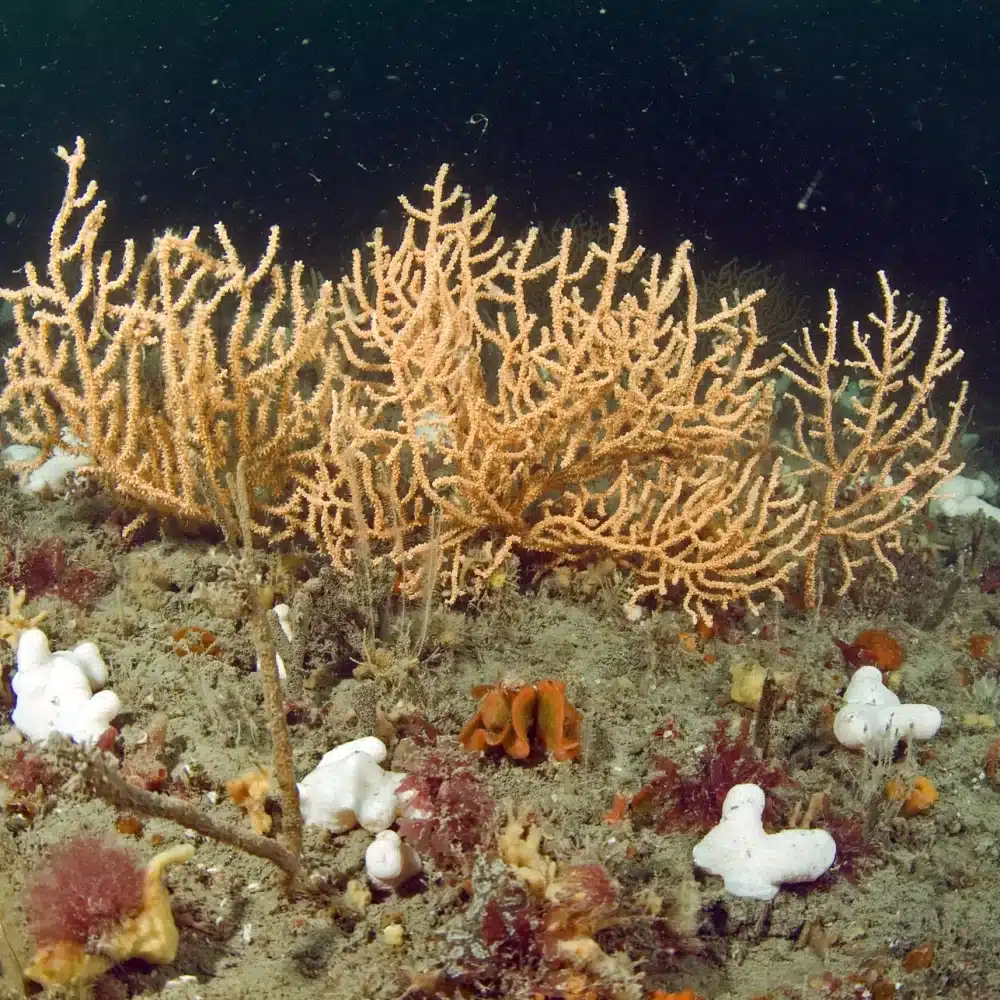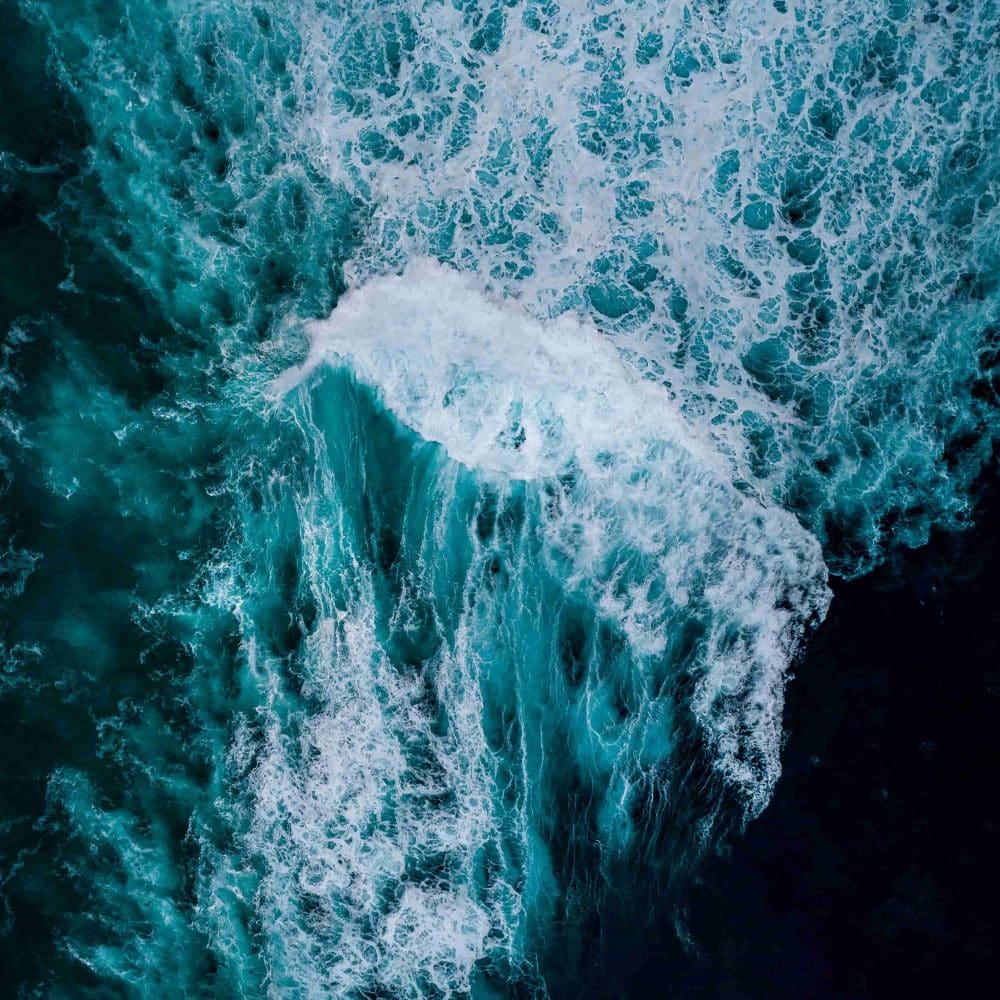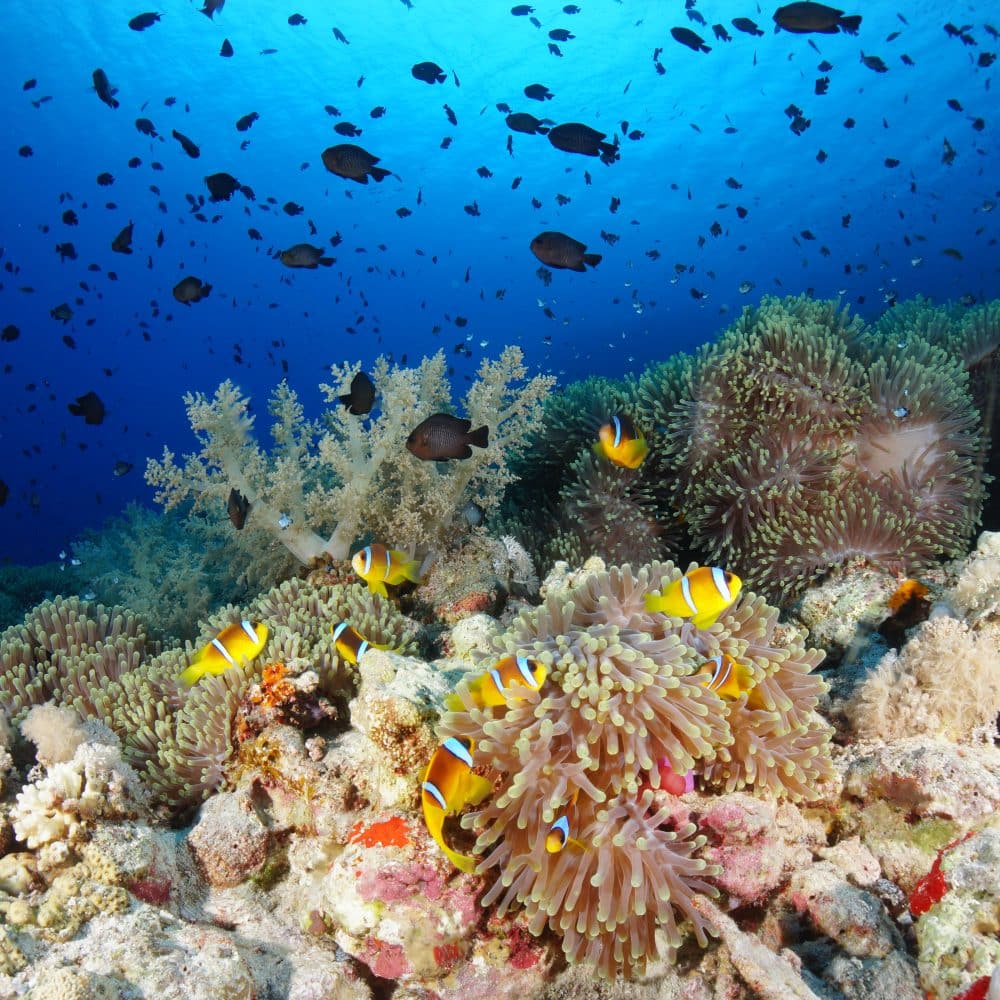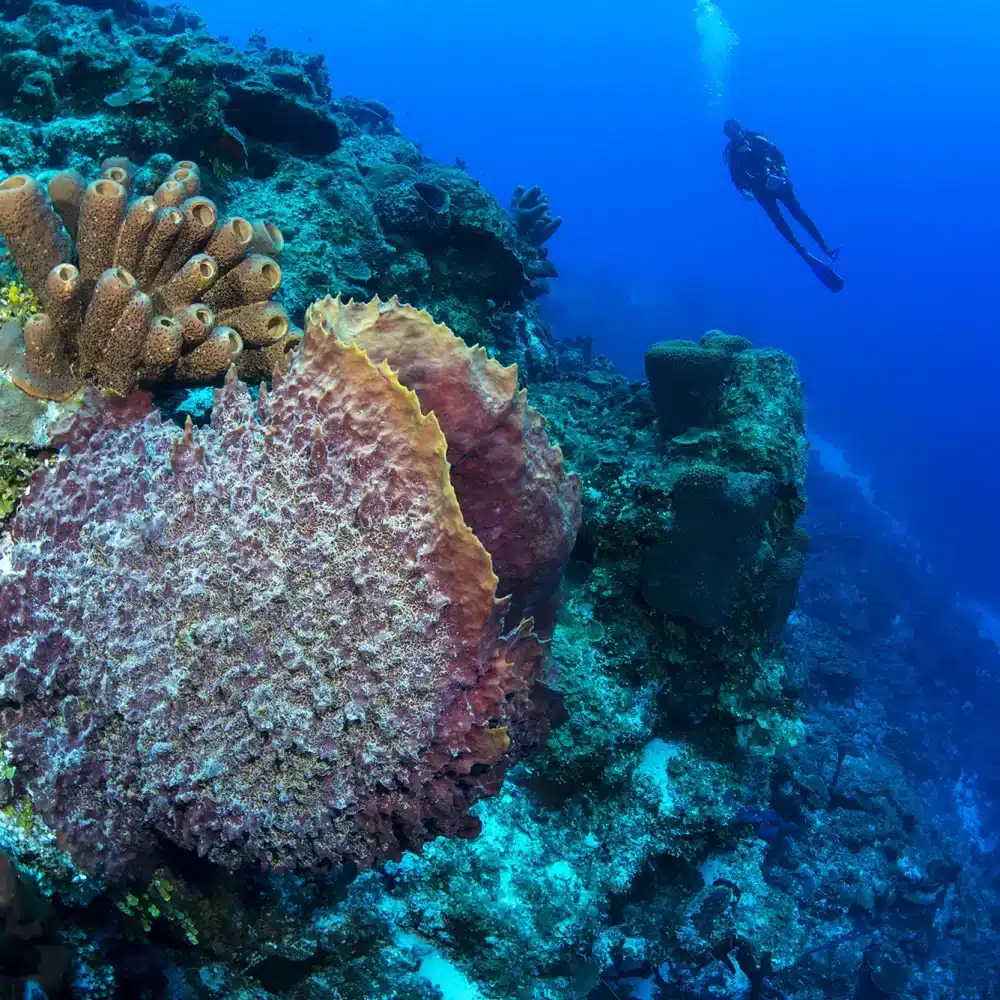Spearheaded by the film’s director, Sara Pipernos, the campaign will see to the development of an interactive multi-lingual website that includes policy goals, an in-depth dive into Human Rights at Sea’s previous investigation of Eritara’s death, timelines for future engagement with fisheries governance bodies, and exclusive behind-the-scenes clips from the film.
The campaign aims to achieve systemic justice by supporting Kiribati authorities to deliver worker compensation to Eritara’s family and raise awareness globally of the need to increase protections for fisheries observers through screenings at festivals, fisheries governance meetings, seafood businesses and stakeholder events.
The campaign will also engage with UN bodies, such as the International Labor Organization and the International Maritime Organization, and regional fisheries management organizations to advocate for the ratification of global agreements and adoption of management measures that serve to protect both observers and crew.
Sara Pipernos commented: “When ‘Death at Sea’ first premiered back in January, it felt like only the beginning of our advocacy efforts as opposed to the culmination of a big project – and I’m so glad to be proven right. I’m grateful that we can now use this film to fight for justice for Eritara’s family and fisheries observers across the globe.”
A Global Precedent
David Hammond, Executive Director Human Rights at Sea International, said: “We intimately understand the importance of achieving a global precedent of justice being realized for fisheries observers. Through this justice campaign and the wider release of the film, we aim to establish a benchmark for international reference of accepted practices and policies that serve to better protect and compensate fisheries observers and their families.”
Jess Rattle, Head of Investigations at Blue Marine Foundation, said: “Despite the crucial role that fisheries observers play in the management of valuable marine resources, they are seldom given the protection and support that they deserve. Fisheries cannot be regarded as responsible or sustainable when examples of threats, intimidation and serious human rights abuses continue. We’re thrilled to see the Death at Sea film receive the recognition that it deserves and hope that it will lead to increased transparency and improved conditions for fisheries observers and their families.”
John Burton, Chair of Sustainable Fisheries and Communities Trust (SFACT) said, “At SFACT, we are committed to continuing to support the justice campaign for Eritara’s family thereby striving for better protections all fisheries observers and providing access for welfare security for observer’s families who tragically suffer loss. We are delighted to see the already impressive early impact of the Death at Sea film and celebrate the recent Royal Television Society student award.”
Visit the Justice Campaign Website: www.deathatseafilm.com
